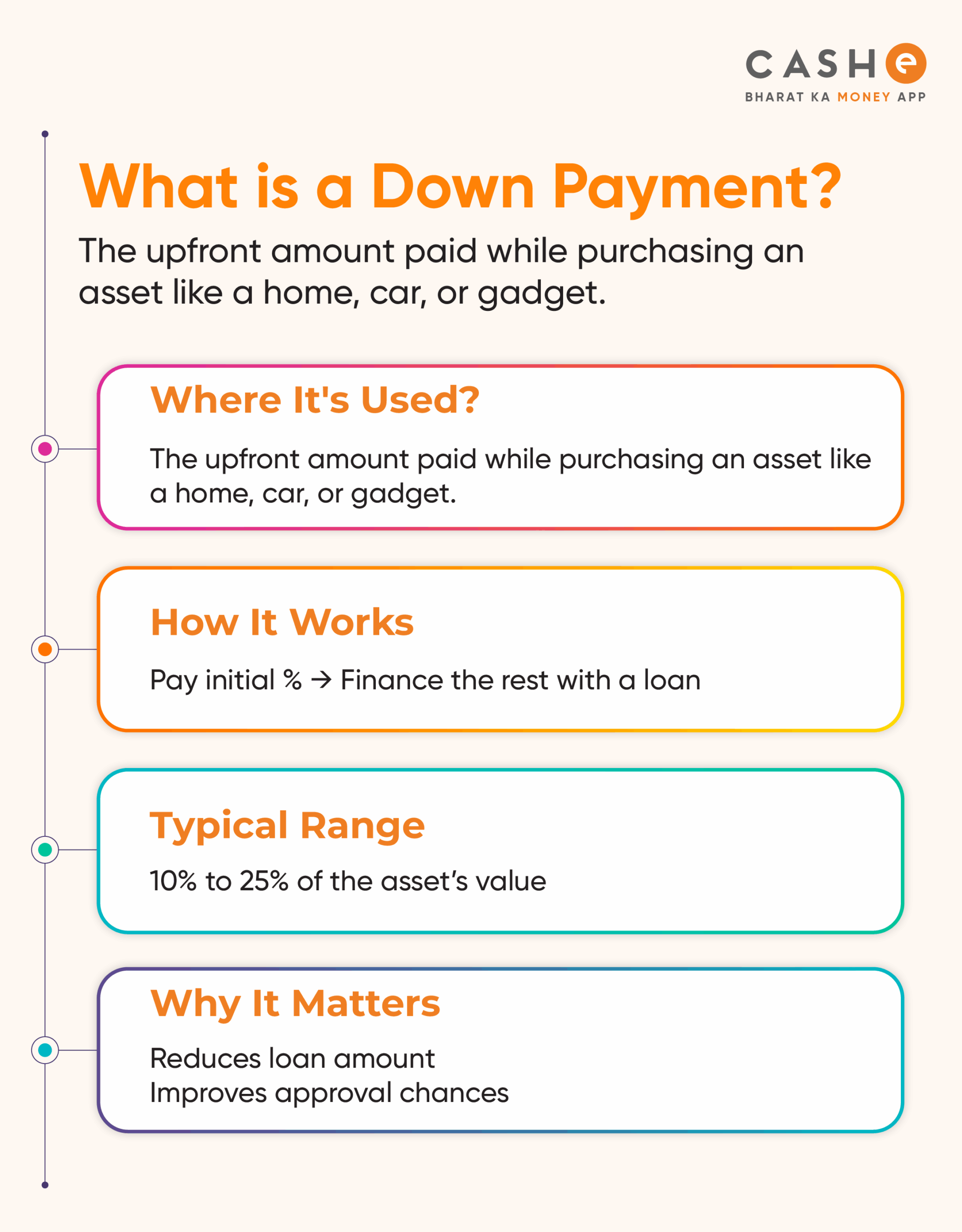Much like your physical and mental health, you need to create and maintain your financial health. Running, drinking plenty of water, and eating nutritious food are all good habits for physical health. Similarly, there are healthy financial habits you can cultivate as well.
We have put together our top 8 financial habits that you can start cultivating today that will help you achieve a healthier, more successful financial future tomorrow.
- Start a Personal Balance Sheet
A balance sheet is a record of all your assets, expenses, debts, investments, and bank balances. It helps you see how much money is coming in and from what sources. More importantly, you can track how much and where you are spending your money. A personal balance sheet helps you keep a close eye on all your debt – credit cards, instant loans, home loans, etc.
There are many ways to create a personal balance sheet. You can make your spreadsheet on Microsoft Excel or Google Sheets. Or use personal financing software such as QuickBooks, Mint, and You Need A Budget.
2. Set Your Own Financial Goals
While a personal balance sheet shows you a clear picture of where you stand today, setting goals helps you create a path for tomorrow. Financial goals can look like saving 40% of your salary for the next 6 months, paying off your instant money loan on time, or debt consolidation. It is important that the goals you set work for you. They need not be popular trends or someone else’s goals. Think about what changes you’d like to see in your balance sheet – more savings, less debt, fewer expenses – and work towards that.
3. Build a Personal Budget
An important aspect of achieving any financial goal is a personal budget. Setting a budget involves deciding how much money you will spend and on what. A popular guideline is the 50/30/20 rule. 50% of your take-home income goes towards your needs (rents, healthcare premiums, instant loan repayments), 30% towards your wants (travel, shopping), and 20% goes into your savings. Depending on your income and expenses, your breakdown may look a little different. But ensure that you are not spending more than you make and are saving enough.
4. Create an Emergency Fund
Life can be surprising. You may encounter unforeseen circumstances such as a medical expense or being laid off. In such cases, an emergency fund acts as a crucial buffer to pay for unplanned expenses. This is helpful so that you do not need to dip into the money that you have allocated for other expenses or take on debt. Your emergency fund should cover up to six months of living expenses and monthly loan payments. This ensures that you can live comfortably and not accrue more debt, while you rebuild your emergency fund.
5. Pay Your EMIs On Time
If you have applied for an online or offline loan, be sure to pay off the borrowed money on time. Be it a bank or a loan app, most lenders charge a late fee if you do not pay your monthly instalment on time. These late fees can add up to a substantial amount if you consistently miss payments. The same goes for credit cards. Pay off your credit card bills on time and in full to avoid gaining a balance and accruing interest.
6. Think About Investing Extra Money
Once you know your finances better, you should think about investing your money. Any money that you have left after taking care of your expenses and savings, can go towards investments. Investments help you increase your wealth over time and maximise the potential earnings you can get from your income.
If you are new to investments, do not be intimidated. Do your research and when you feel ready, start with a small investment in a low-risk stock or mutual fund. As you gain a better understanding of the stock market, you can move on to investing in assets that will offer higher returns in the future.
Learn more about financial planning with the CASHe Blog! CASHe is an instant money loan app with a 100% online application process. Download the app today!










